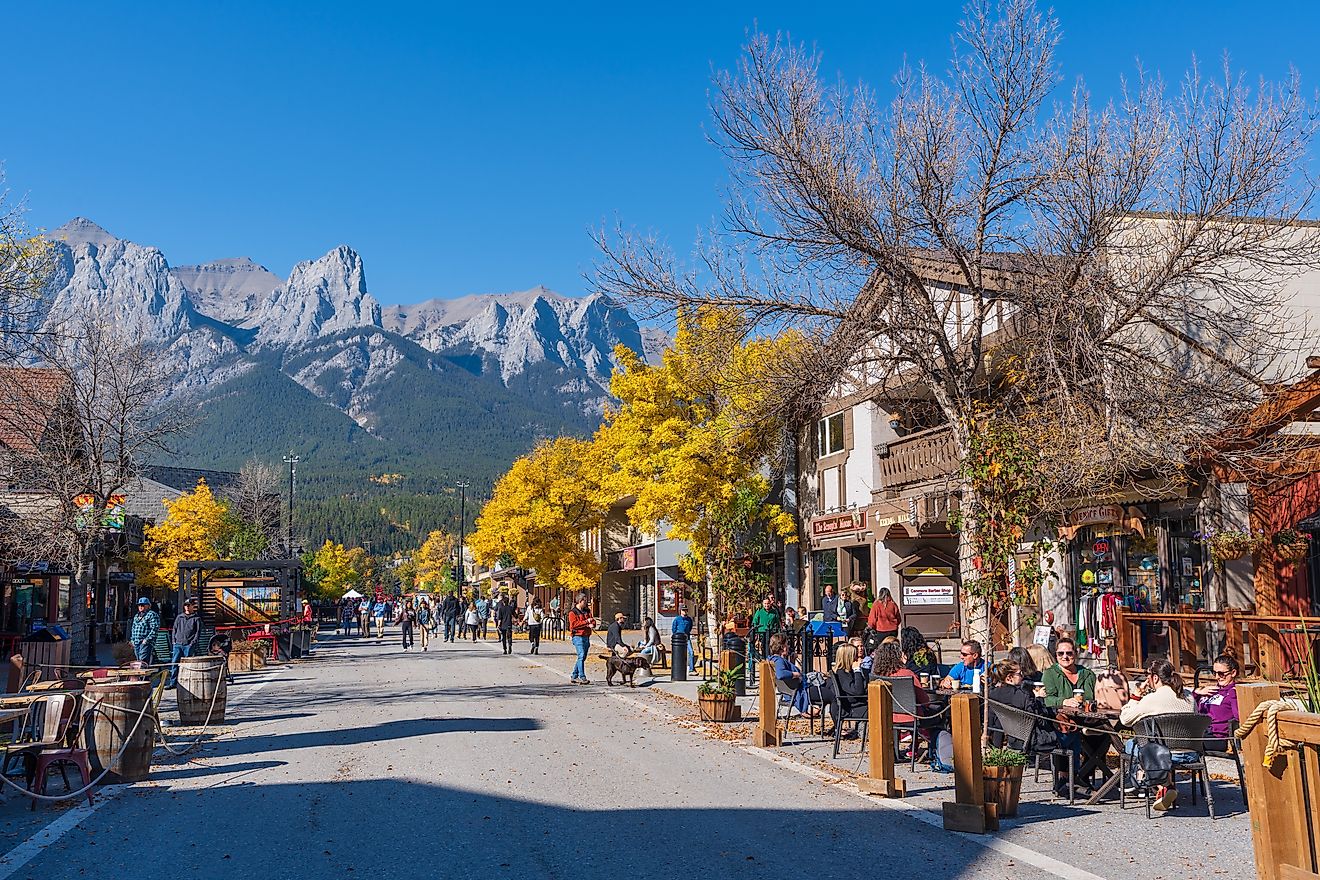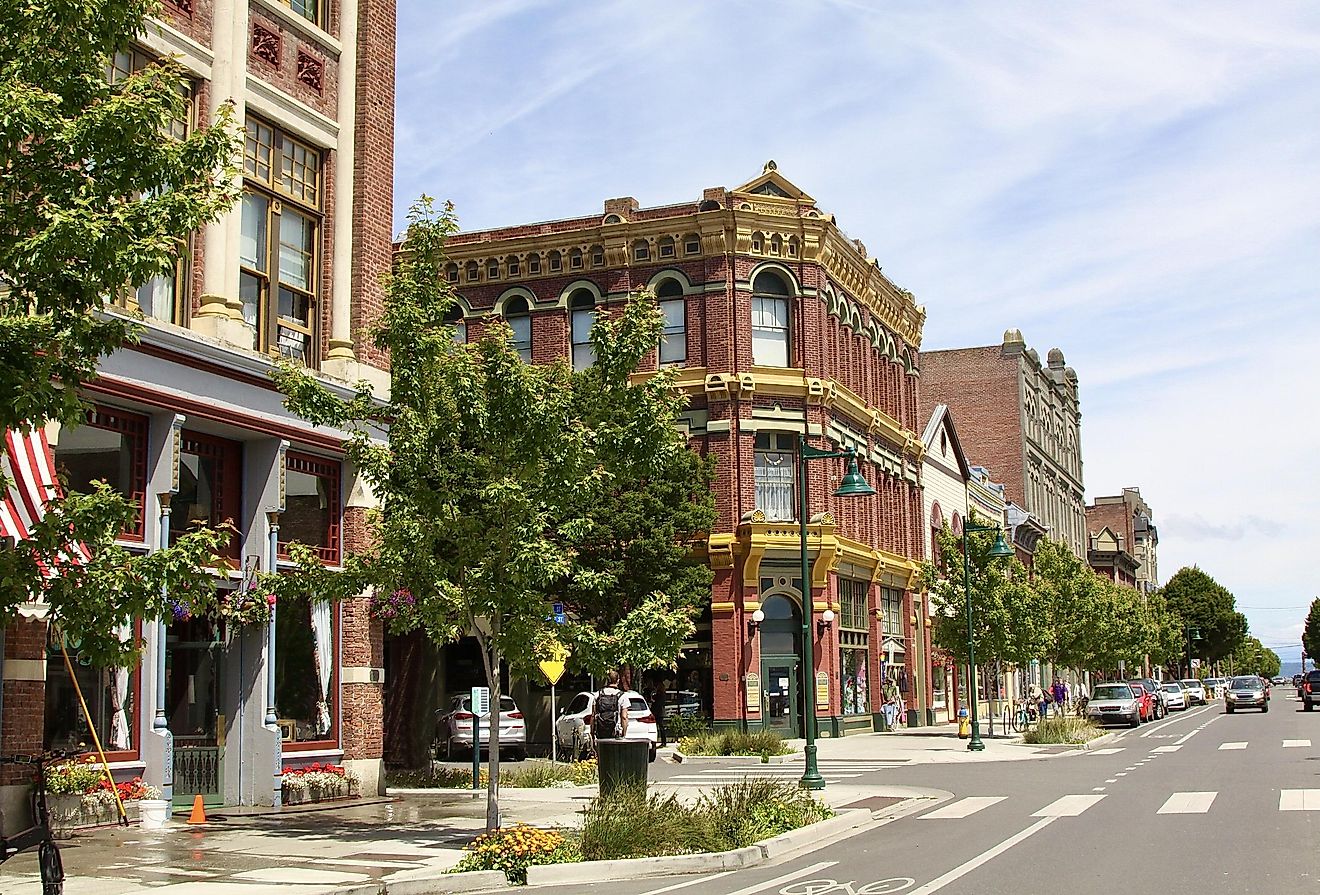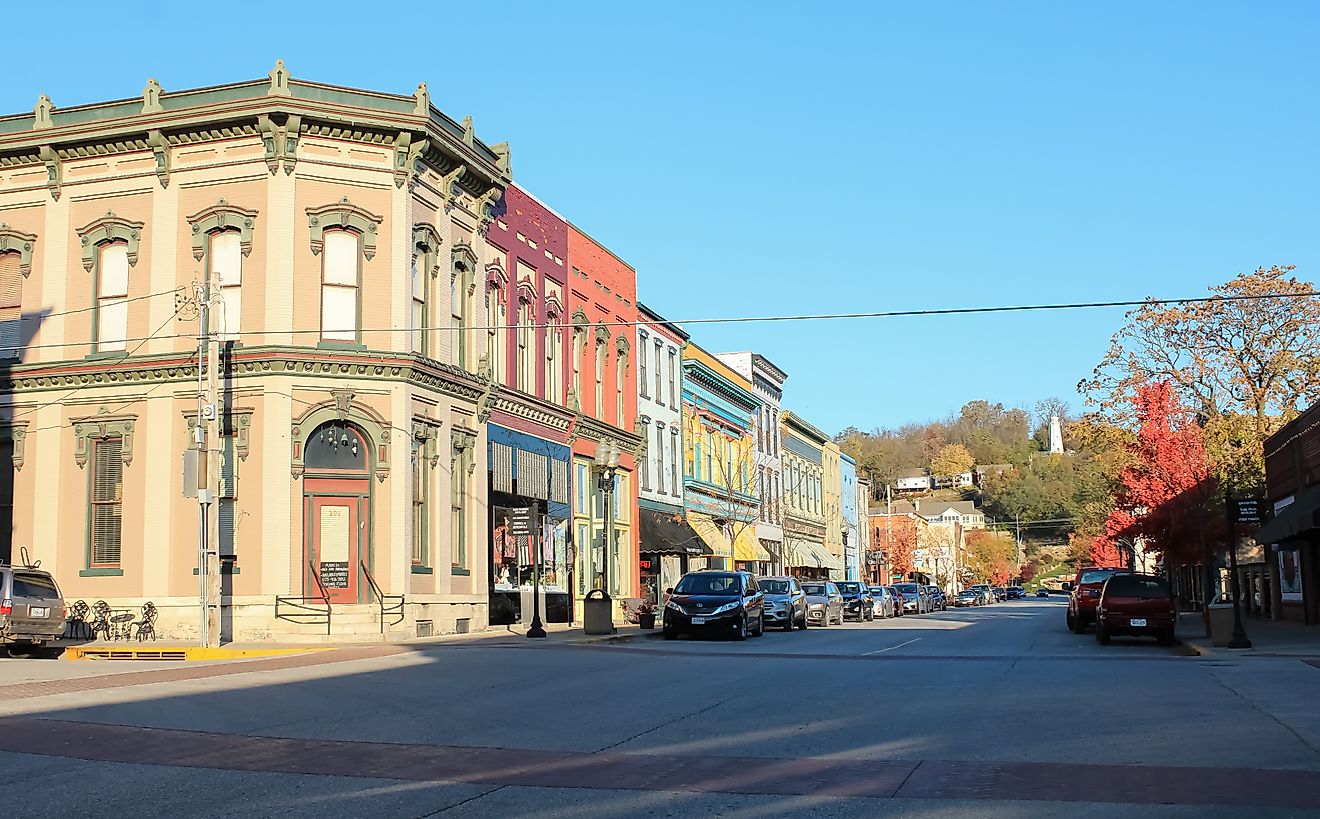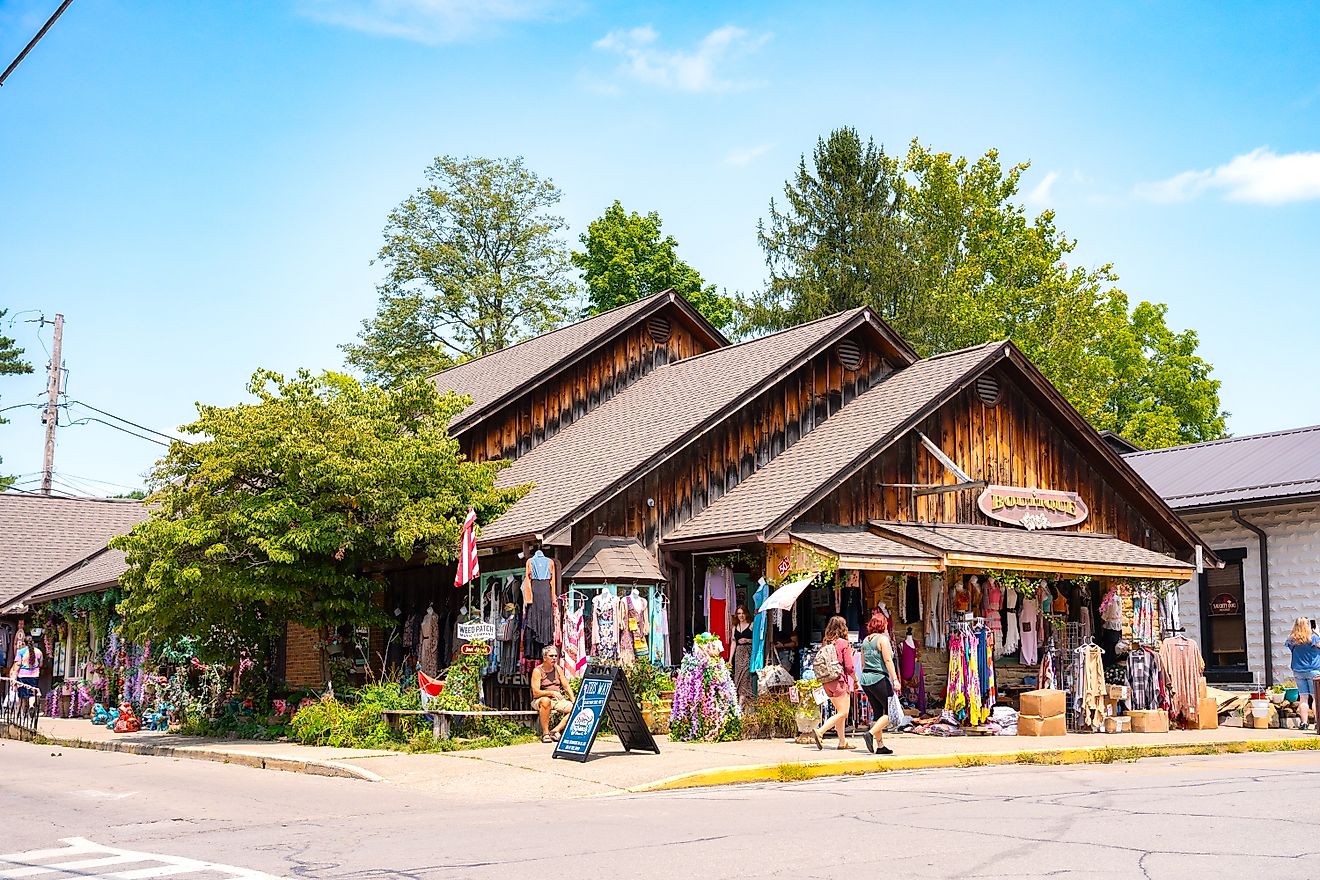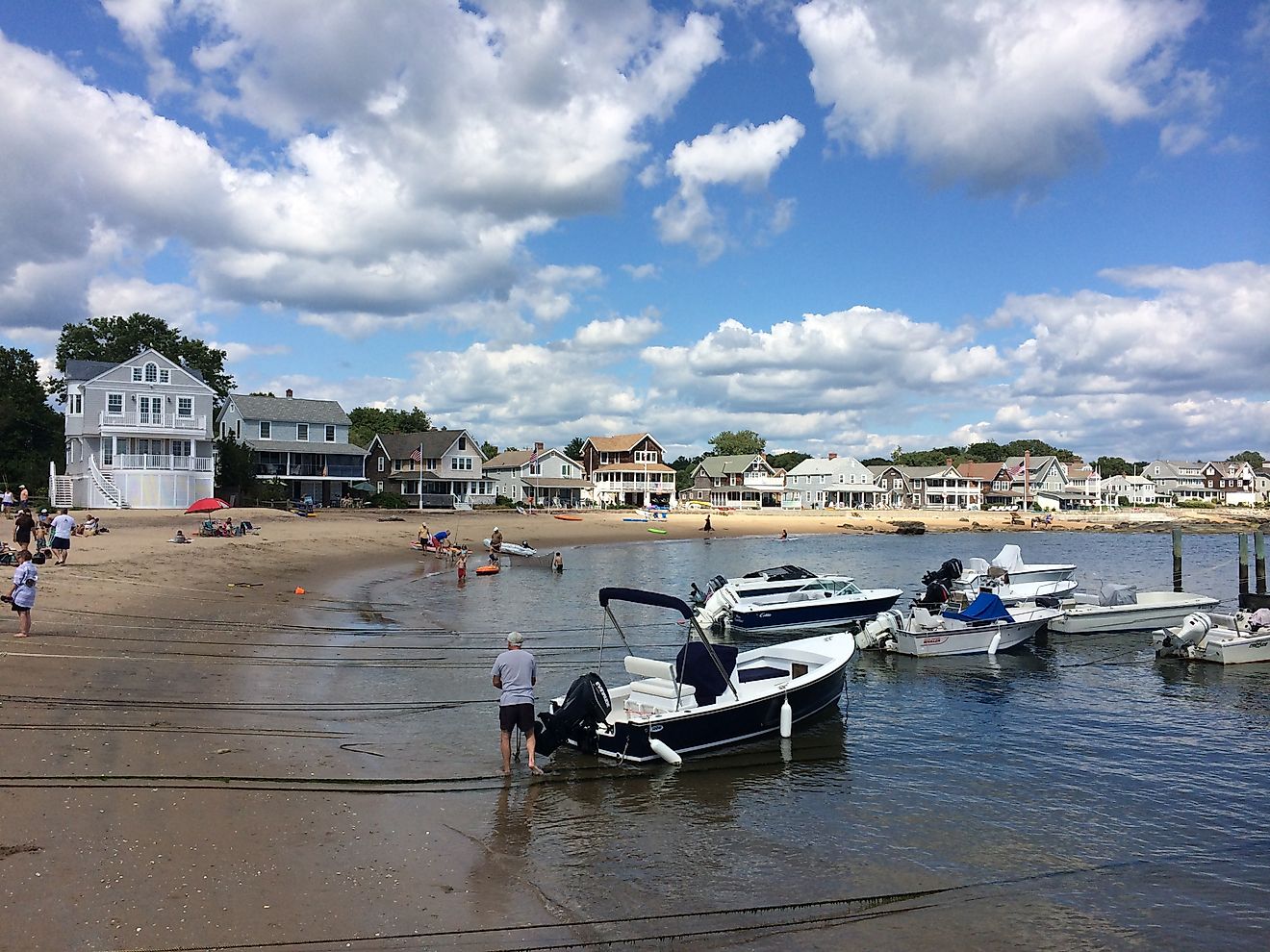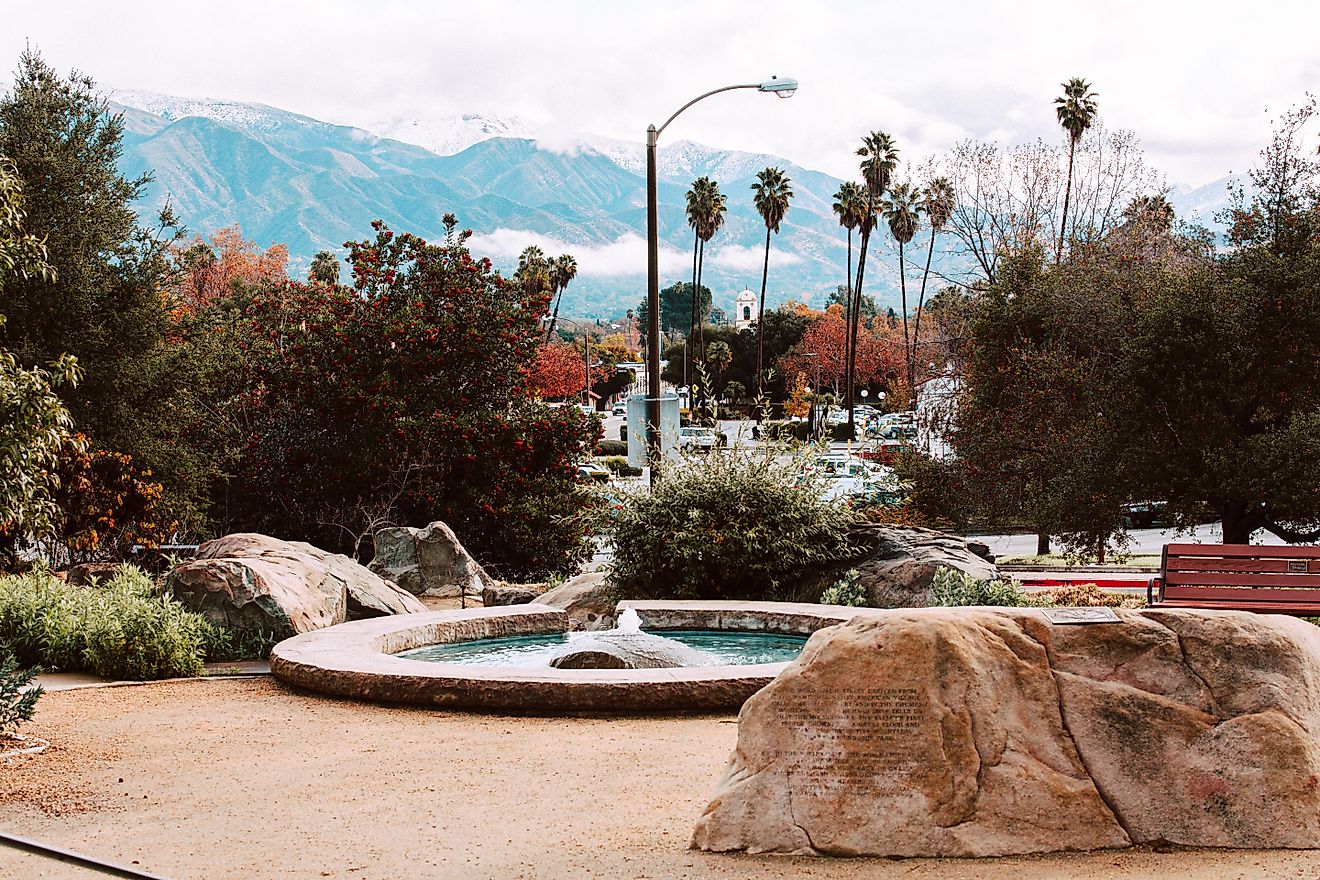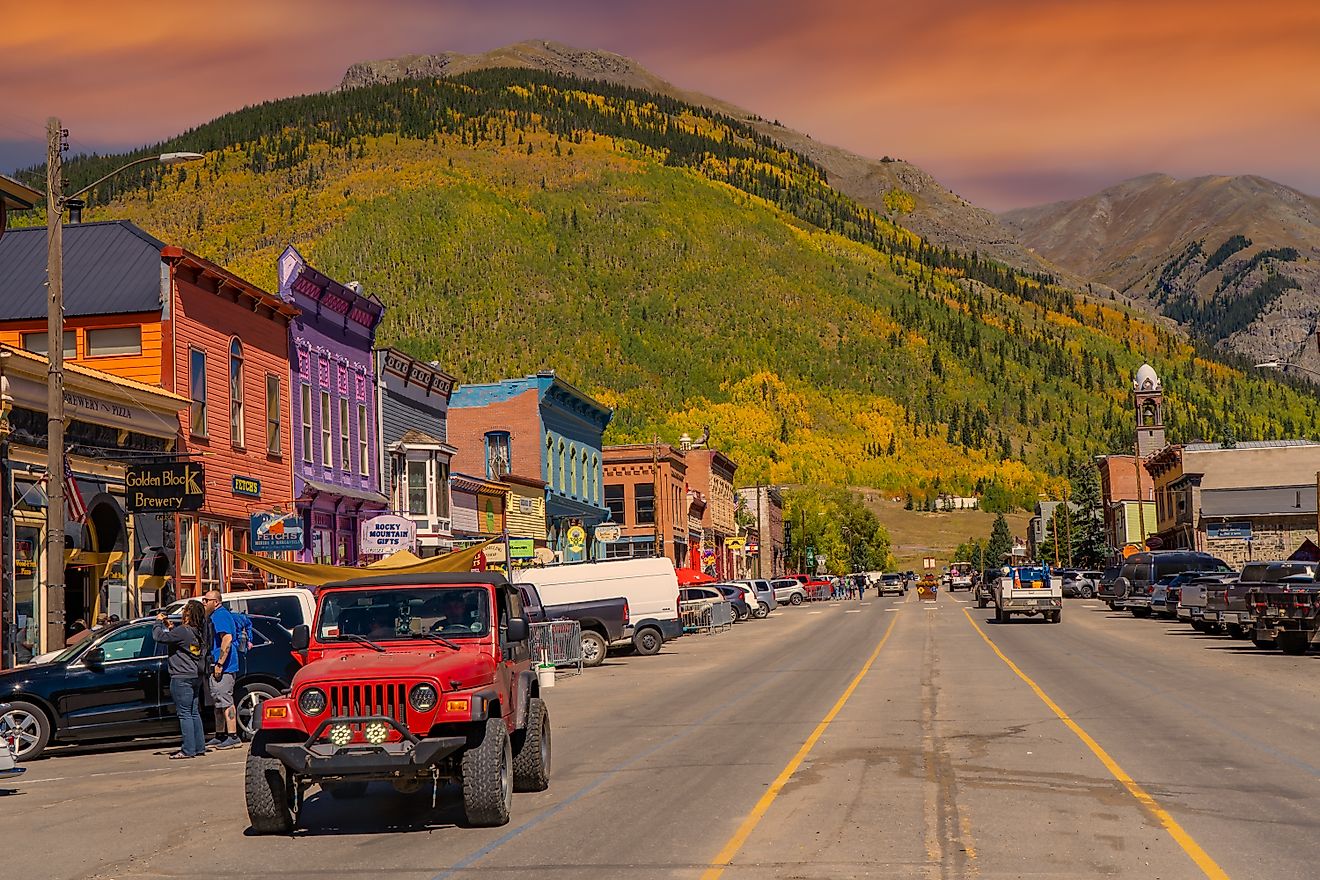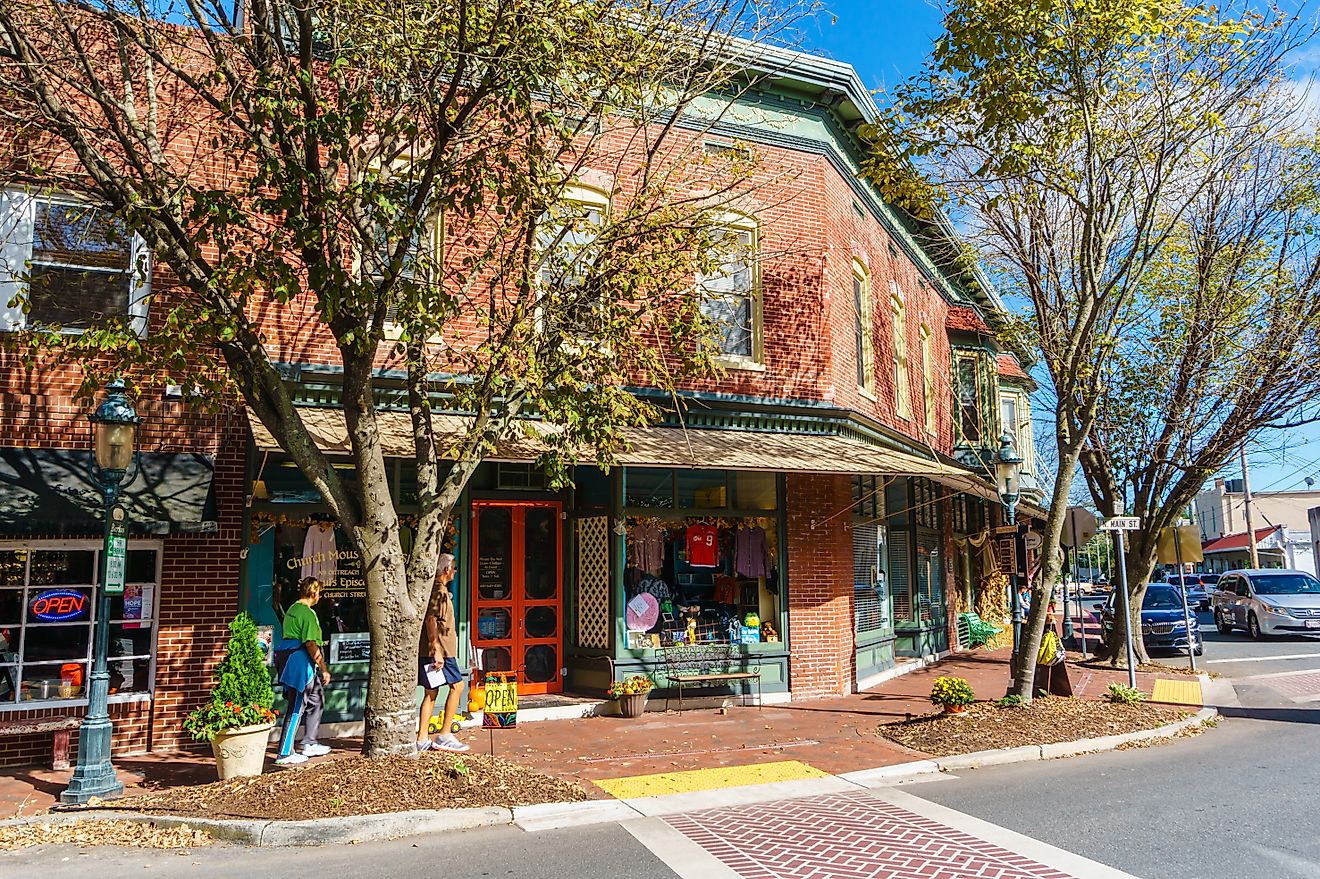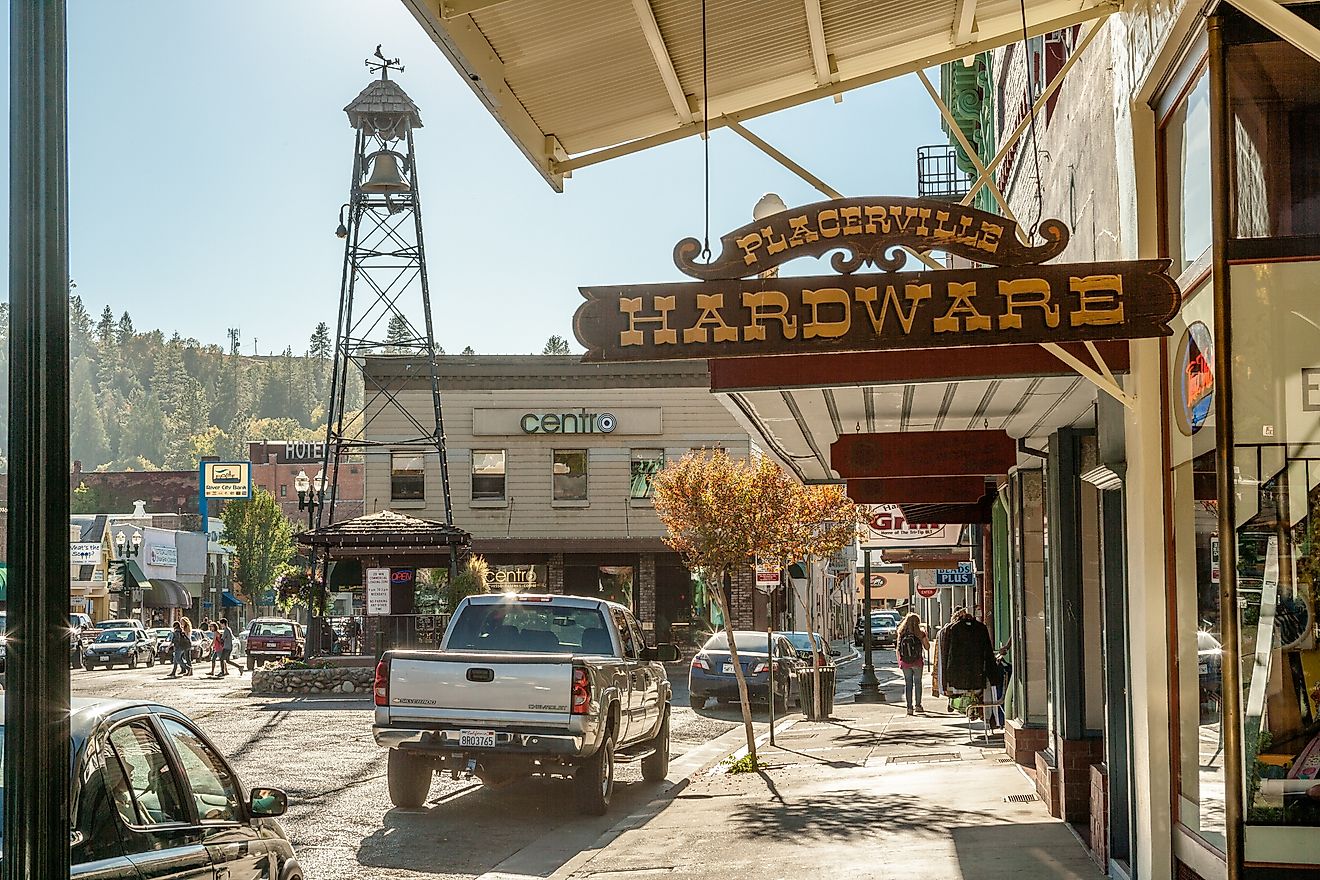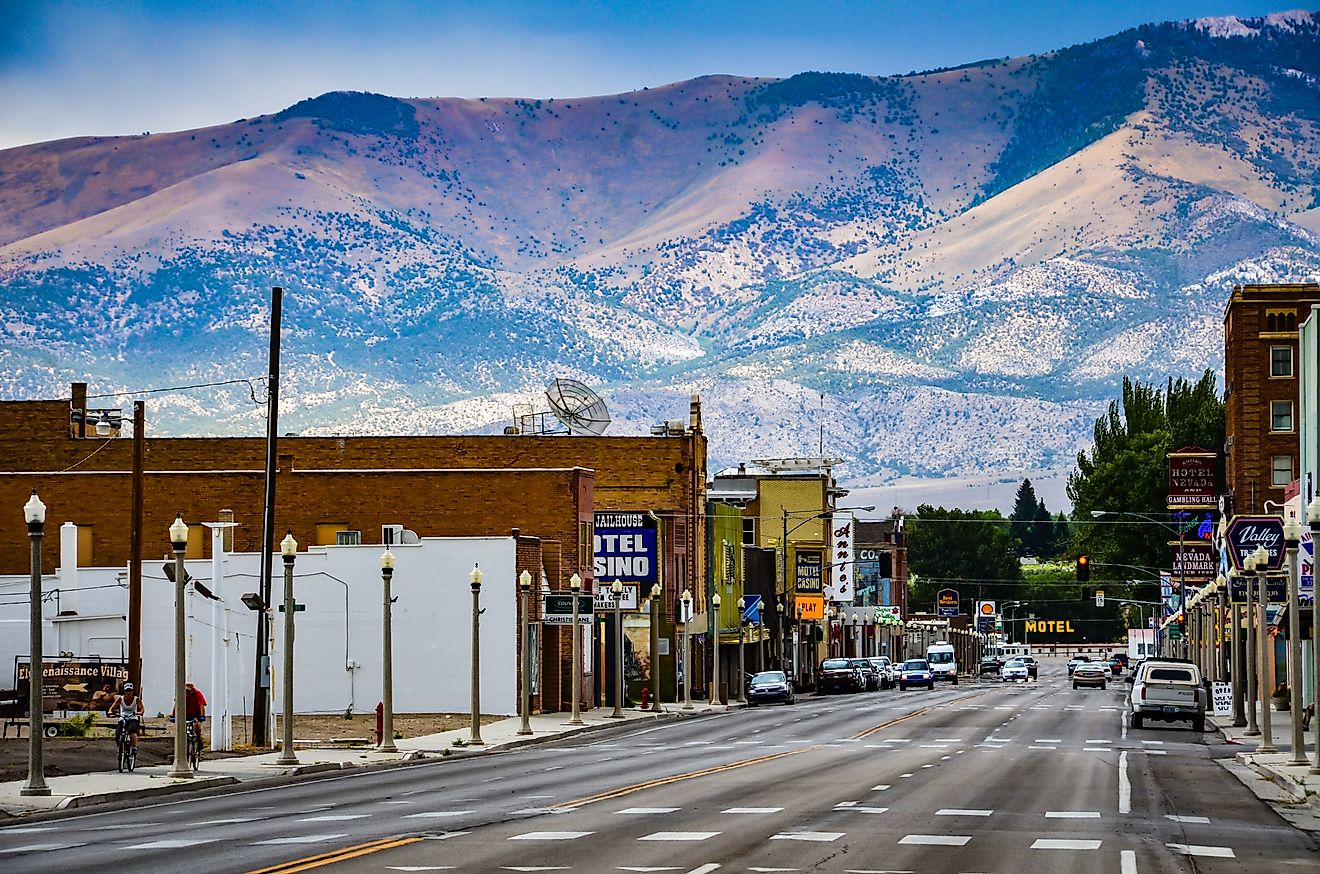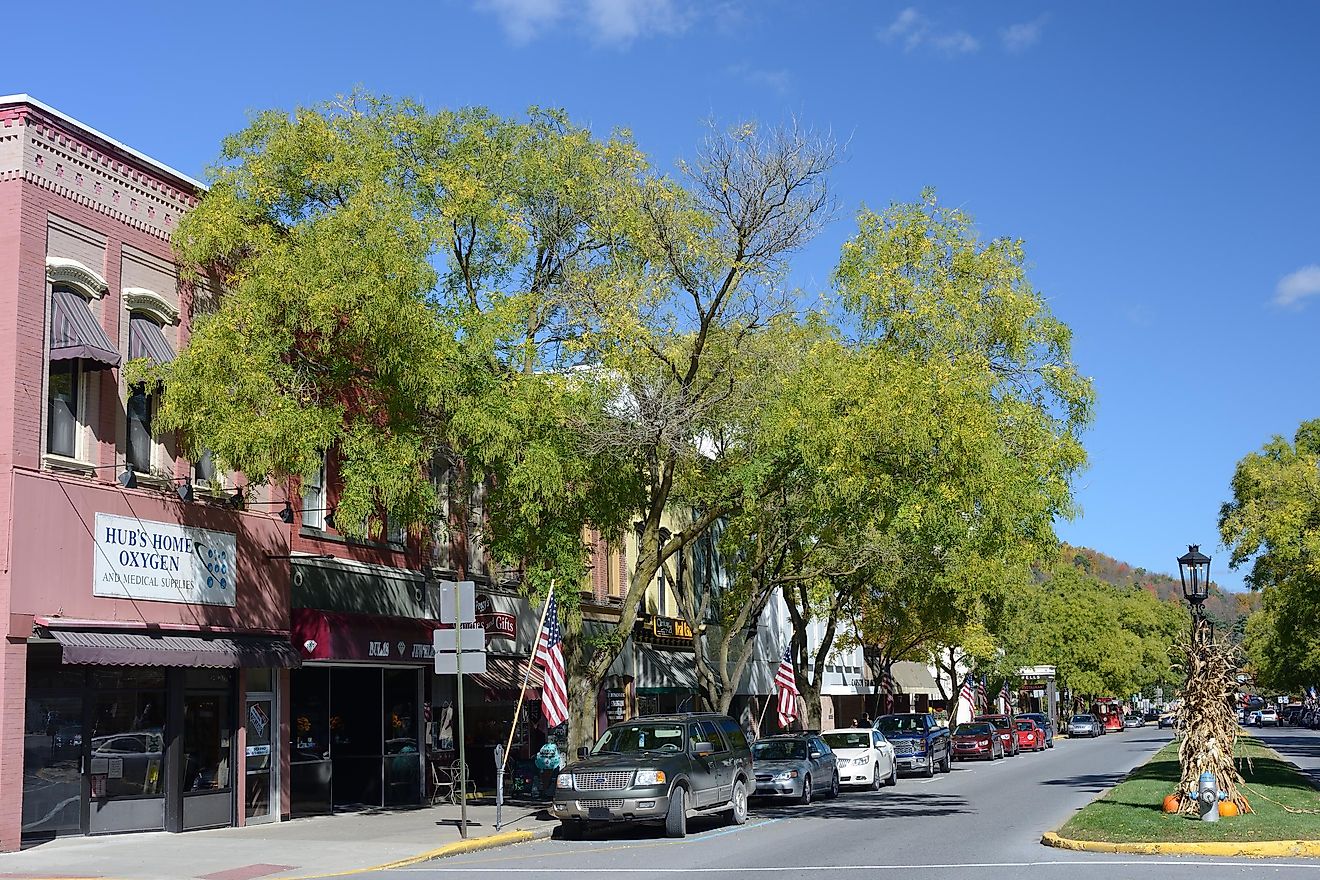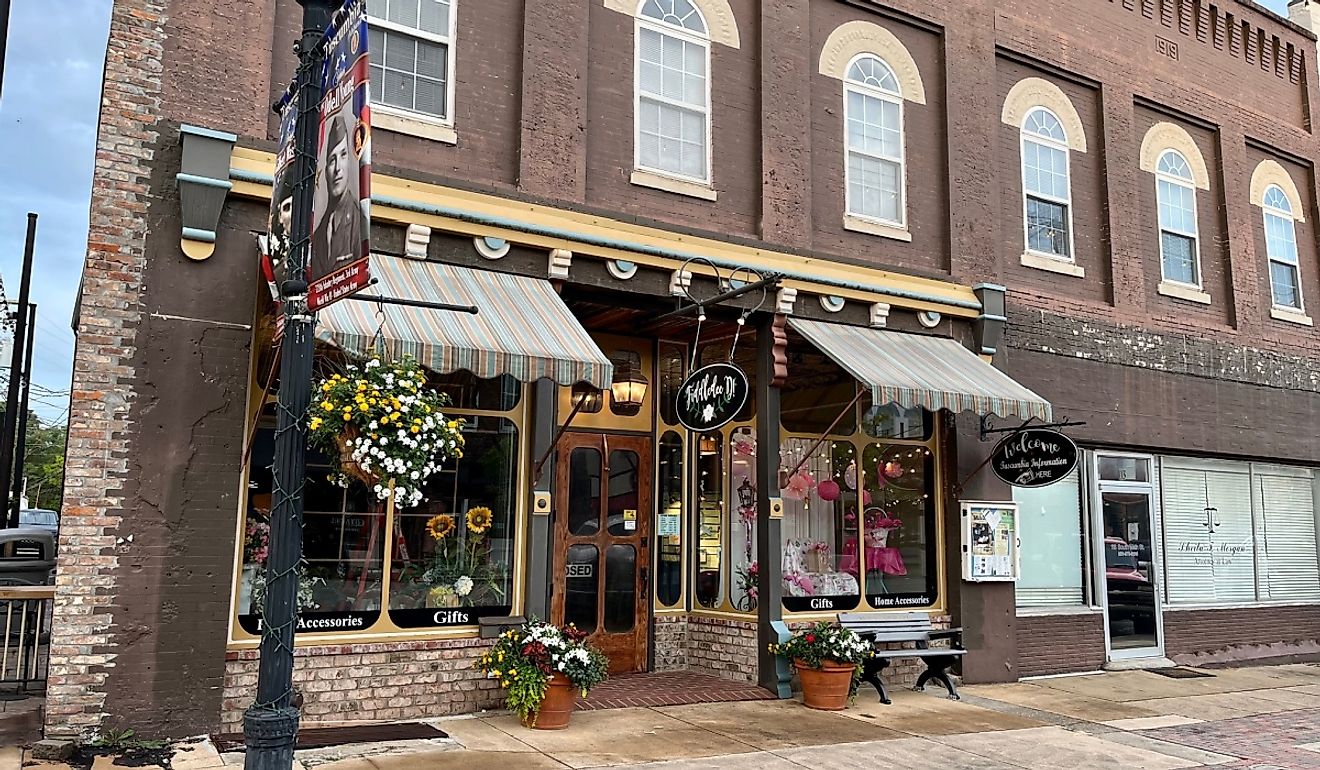
8 Old-World Towns to Visit in Alabama
Alabama is widely recognized for its pivotal role in both the American Civil War and the Civil Rights Movement. It was among the first states to secede from the Union, and it played a crucial part in igniting the civil rights movement when Rosa Parks famously refused to give up her bus seat in Montgomery. Additionally, with a rich history that includes Native American groups residing in the area for over 10,000 years, Alabama is bursting with stories. Ready to explore the state’s fascinating past but unsure where to begin? Discover these eight towns, featuring civil rights museums, well-preserved 19th-century buildings, and Native American archaeological sites, perfect for a journey back in time.
Selma
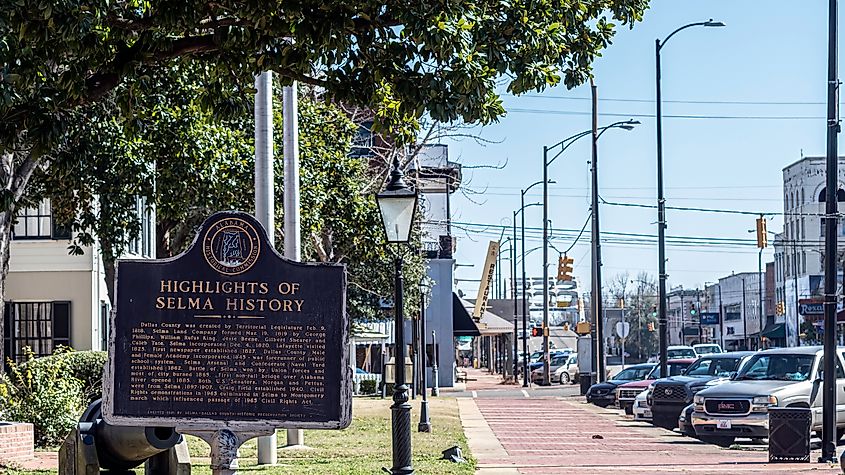
Selma holds a pivotal place in Alabama's history as a key site in the Civil Rights Movement and the starting point of the iconic Selma to Montgomery Marches in 1965. The National Voting Rights Museum and Institute is an excellent place to start your town visit, expanding on the struggles of this movement through photographs, exhibits, and personal stories. The Brown Chapel AME Church was another important location, hosting many meetings with Civil Rights leaders in 1965. Going further back in time, nearby Selma, Old Cahawba is an archeological site that tells the story of the state’s first capital, now a ghost town featuring abandoned streets, buildings, and cemeteries. There are also places within the park to canoe, hike, and birdwatch.
Moundville
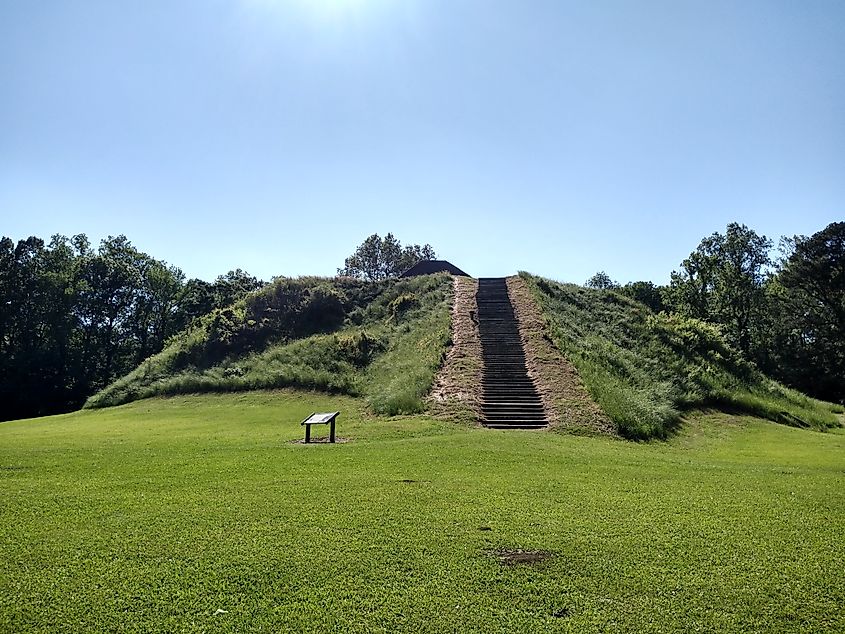
Moundville is most notably known for its nearby Native American Archaeological Park. The Moundville Archaeological Park, a National Historic Landmark, features 320 acres of land with around 30 pyramidal platform earth mounds and Native American artifacts in a recently renovated museum. The park also holds the famous Moundville Native American Festival here each fall, which celebrates the history and culture of the Southeastern indigenous groups through art, dance, and crafts. Those who are interested in heading into the area’s well-preserved nature can visit Lake Payne Recreation Area, where they can hike, fish, swim, and camp.
Tallassee
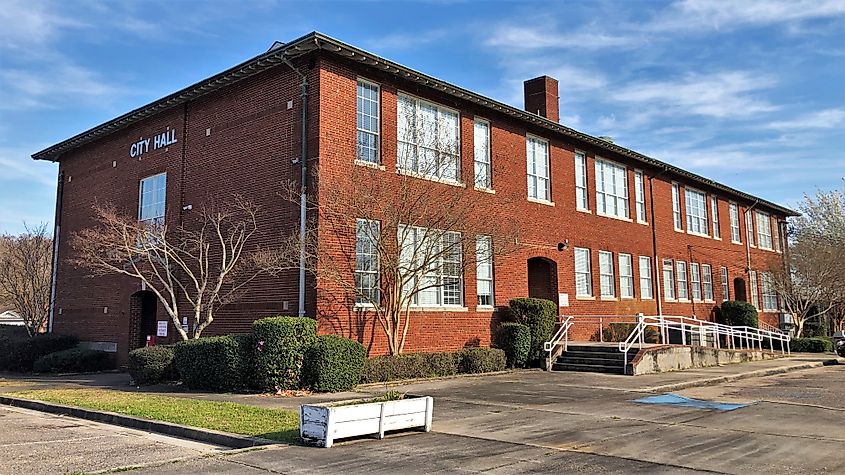
Tallassee has witnessed nearly every chapter of American history, from early Native American settlements to pioneer life, the Civil War, and the Civil Rights era. The Tallassee Falls Museum is the perfect place to explore these chapters, featuring 12 exhibits that dive into the town’s different time periods. The Tallassee historic district is another great place to appreciate the town’s earlier periods, featuring preserved architecture, culture, and history. The Confederate Officers Quarters can be viewed on King Street, featuring three homes once occupied by Confederate Commanding officers. Lake Talisi lies nearby as well, a gorgeous, public lake formed by hydroelectric dams where visitors can relax by boating, fishing, or having a picnic.
Tuscumbia
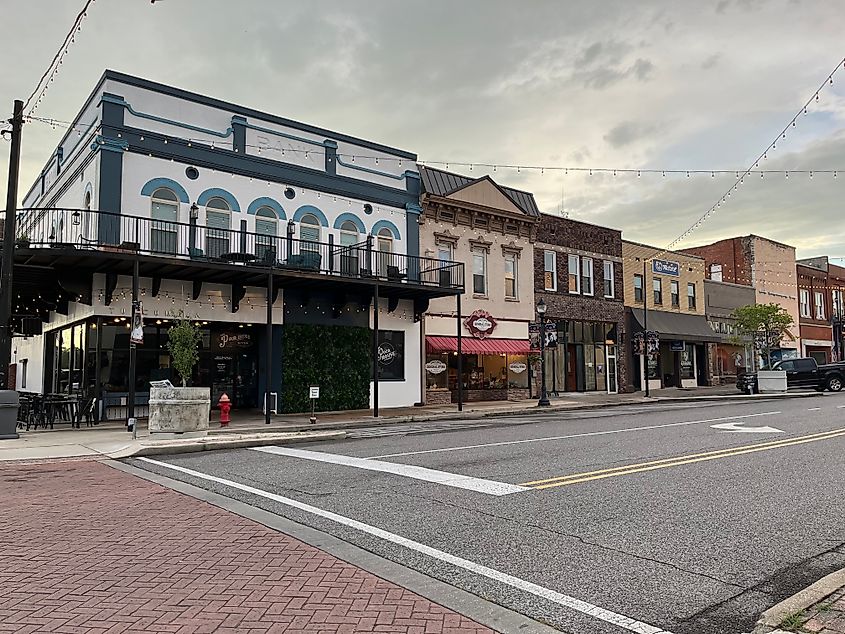
Tuscumbia was settled in 1815 and would later be the birthplace of Hellen Keller. Visitors can explore her childhood home by visiting Ivy Green, built in 1820 by her grandfather, David Keller. The historic home features original furnishings from her family, and artifacts from her life, and is surrounded by well-preserved gardens. The early 19th-century Coldwater Stagecoach Stop, a one-room log cabin, now houses artifacts from frontier and pioneer days. Regarding musical history, The Alabama Music Hall of Fame is also in Tuscumbia, containing memorabilia from the state’s musicians, such as Lionel Richie, Nat King Cole, Tammy Wynette, and Hank Williams. The annual Belle Mont Quilt Show, held every October, showcases some of the region’s antique quilts from the Tennessee River Valley region.
Florence
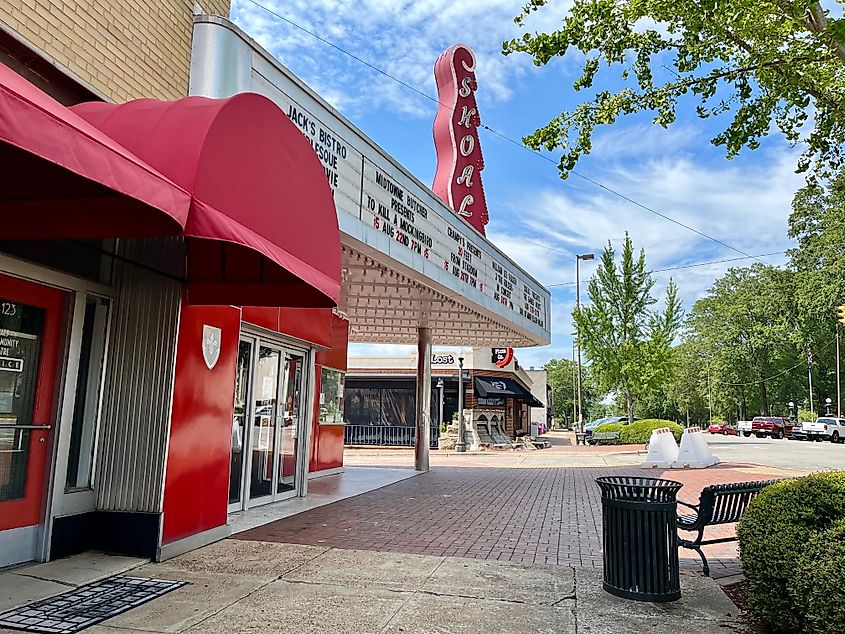
Florence is just across the river from Tuscumbia, although it is much larger, with nearly 42,000 residents. It also boasts a rich musical heritage, which visitors can explore at the W.C. Handy Birthplace, Museum & Library, dedicated to the life of the iconic 'Father of the Blues’. Pope’s Tavern and Museum provides visitors with a perspective of what life might have been like for different ethnic and social groups during the Civil War period. The Edith Newman Culver Memorial Museum, located nearby in Waterloo, showcases artifacts and stories from Alabama’s history, spanning from Native American heritage to the Civil War.
Tuskegee
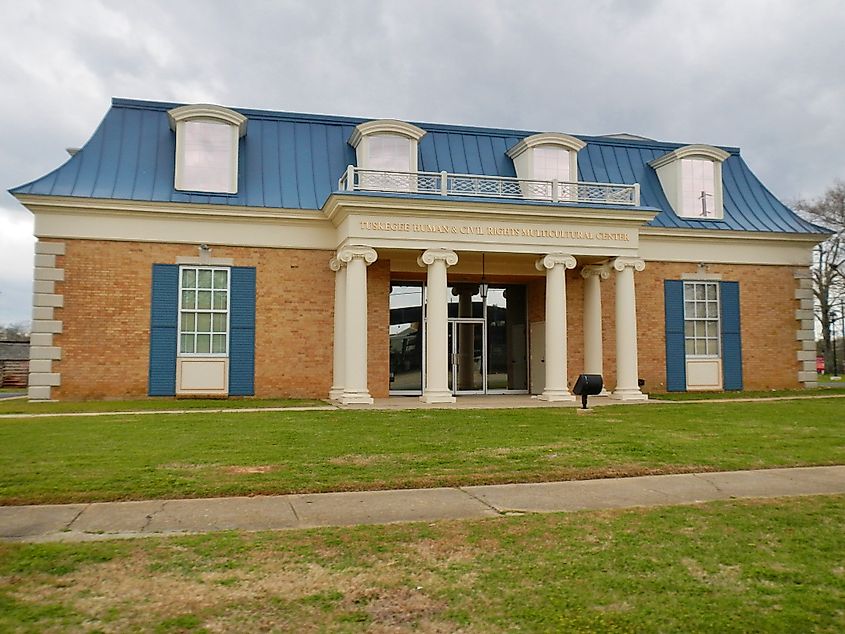
Founded in 1833, Tuskegee has long been a key site in African American history. The Tuskegee Airmen National Historic Site, where the nation’s first African American combat pilots trained, stands as a landmark of groundbreaking progress. Visitors can also explore Booker T. Washington’s home and the George Washington Carver Museum, which features artifacts from their era. The Tuskegee Human and Civil Rights Multicultural Center is another important historic stop to make, featuring three galleries that focus on different aspects of Tuskegee’s history: A Shared Heritage gallery, an Antebellum Gallery, and a Votes, Race, and Education Gallery.
Athens

Established in 1807 and incorporated as a city in 1818, Athens, located in northern Alabama, has over two centuries of history. There are 24 historical markers scattered throughout town, ranging from Civil War markers to historic churches and schools. Four distinct historic districts showcase buildings dating to the early 19th century, with the Athens Courthouse Square standing out for its neoclassical courthouse, added in the early 1900s. Visitors interested in the U.S. Civil Rights movement can also explore the African-American Heritage Trail, which honors the contributions of the county's African American community.
Mooresville

Although it has a population of just 47, Mooresville is rich in historic sites, with roots dating back to 1805. Stagecoach Inn and Tavern is not only the oldest building in town, but the state’s oldest frame public building, dating back to around 1821. Today, the tavern is used as a museum and town hall after having undergone renovations in the 1990s. The Brick Church features Greek Revival Architecture, constructed in 1839, which visitors can also see standing today. Other historic buildings in the town include the Moorseville Post Office, from 1840, one of the country’s oldest continually operating post offices, and the Church of Christ, which was constructed in 1854.
Final Thoughts
Alabama is more than just a destination; it's a time machine waiting to take you on a trip through its history. From the iconic civil rights landmarks to the ancient remnants of Native American heritage, each town tells a unique story. Whether you find yourself wandering the streets of Athens, exploring the Civil Rights past of Selma, or stepping into the shoes of pioneers in Tallassee, every one of these towns offers a chance to connect with the people and events that shaped this remarkable state.
